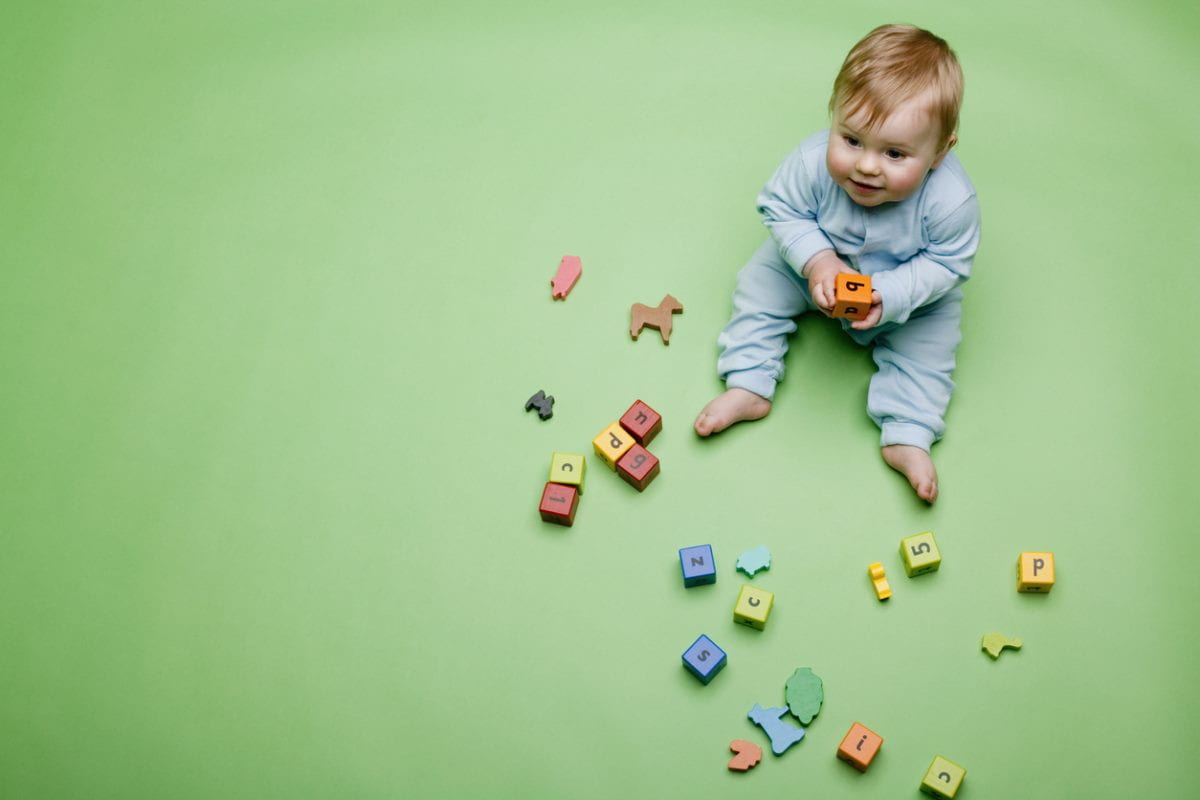Utopi aims to re-design the consumption of children’s toys to create a more sustainable, circular model. We work to achieve this through designing toys which grow alongside children, supporting their various stages of development, using a modular approach.
Our modular system allows families to return segments of toys as the child grows out of them and replace them with better suited modules. We can then re-use or recycle the returned modules. This allows us to create a circular system with less waste on our planet, and unlimited fun for the children on it!
Team
Rachel Kirby – Computer Science with Innovation
Molly Lajtha – Psychology with Innovation
Emma Willson – Psychology with Innovation
Inspiration
A huge percentage of the toy industry contributes to single-use waste with cheap, flimsy plastic that is easily breakable and hard to recycle. Furthermore, these toys are often designed with limited use and a short lifespan, leading to both increased consumption of children’s toys and increased waste. With environmental issues becoming an ever-growing topic of concern within our society, we were inspired to tackle this issue of waste and over-consumption.
Circular economy principles have been commended for their success at designing out waste, so we were motivated to use a circular approach and increase the lifespan of children’s toys through a modularity – allowing the toy to grow with the child.
Process
Having initially observed the waste that having children can produce through our families and friends we came to the realisation that this was a problem to be addressed.
We conducted secondary research into the toy industry, the big players (MATTEL, LEGO, etc) and the waste produced by (mainly) cheap, plastic toys. We also read articles that parents had written about their own experiences with toys, clutter and waste. We used the insights from this research to write interview and survey questions to further explore parental attitudes towards their children’s toys, and also questions for businesses to understand more about the process of toy production from materials, to shelf, and afterlife.
We shared the survey to online community boards through Facebook to reach parents, where we received 58 responses. In order to interview businesses, we reached out to local independent toy shops and went to a business convention at the NEC and interviewed individuals in the toy section.
Using the insights from our secondary and primary research, combined with observations we had made of animals playing, the natural world and adhesives we began brainstorming ideas for modular, neutral toys.
Once we had ideas for a toy concept, we sketched different aspects of what it could look like and consulted with a local carpenter about the feasibility of some ideas, in order to come to our final idea.
We had plans to test this idea with children at a science museum in Bristol, however, due to a national crisis we formulated alternative feedback opportunities, such as gathering feedback through online forums and groups.
Desirability/viability
Utopi satisfies a key customer desire to consume less plastic and invest in toys that go beyond just that single use. Parents looking for toys that are both fun and engaging for the child over a long period of time, and which fit aesthetically into their home environment, are the main target market for Utopi. Utopi’s focus on modularity and imagination enables the child to be their own masters of creativity; there is no right or wrong way of building, constructing and playing with Utopi, and because of this, the possibilities for play are extensive.
Impact
This concept not only satisfies the needs of the parent, child and environment, but also tackles the way consumers purchase and use toys; we wish to promote a move away from fast consumerism towards something more meaningful and lasting. Utopi is a toy that grows with age. This means it will aid in the natural developmental stages that all children go through at different ages. Since the gift giving experience is a large source of wastage, our business model also enables gift givers to club together to purchase modular parts of Utopi through our ‘communal pot’ online platform.
